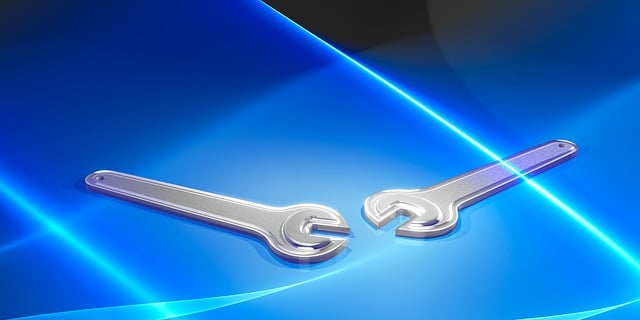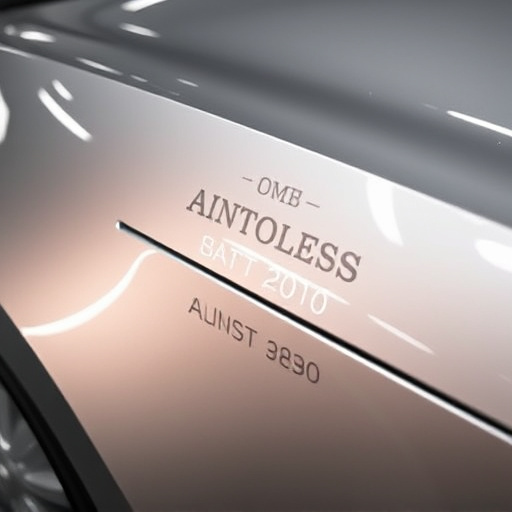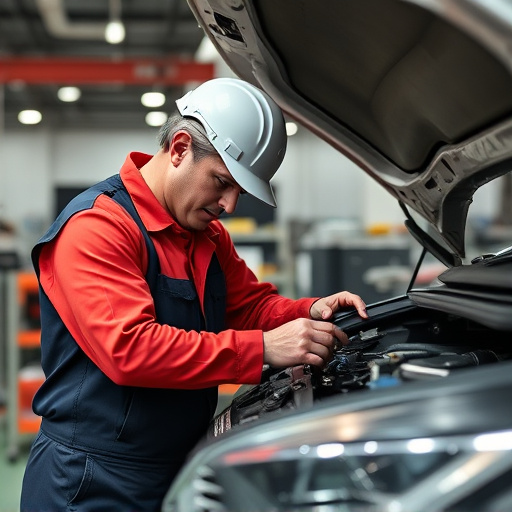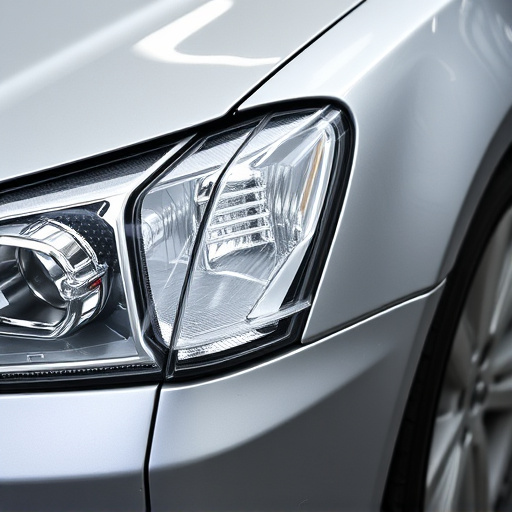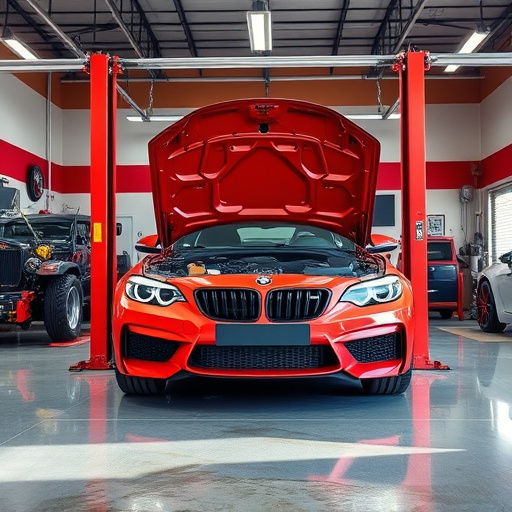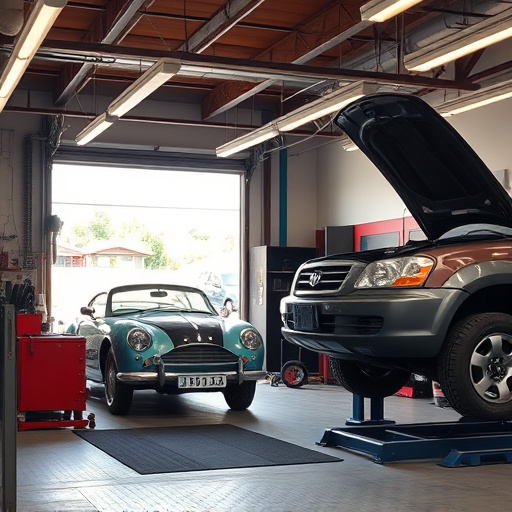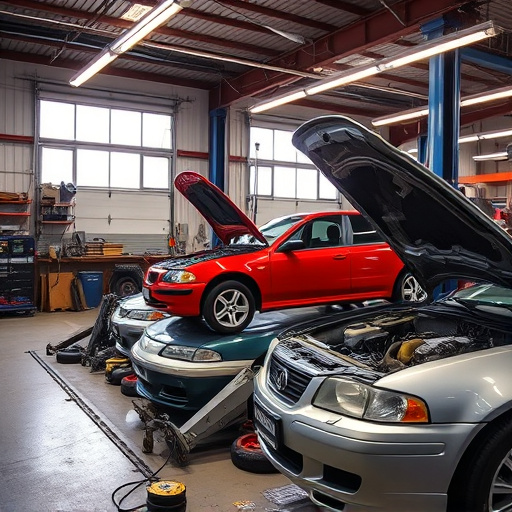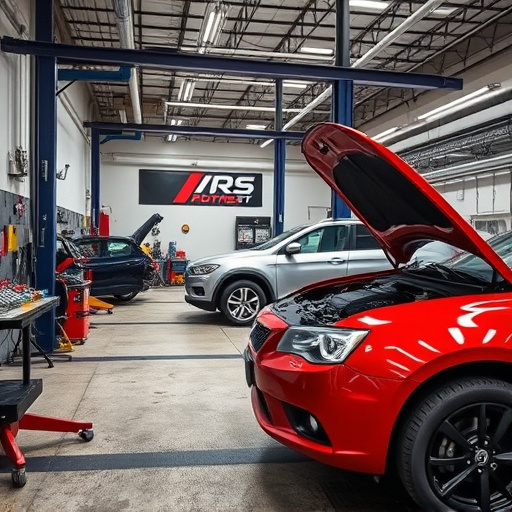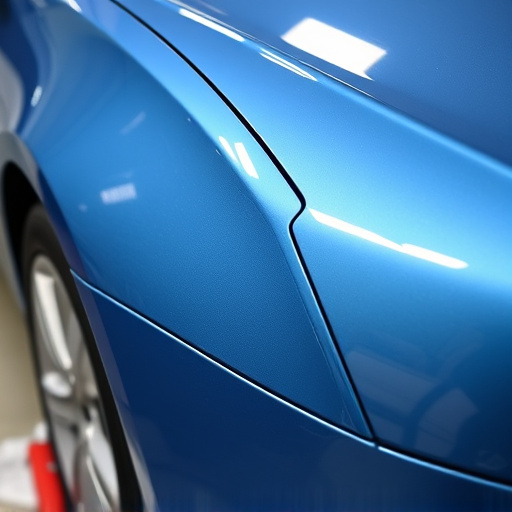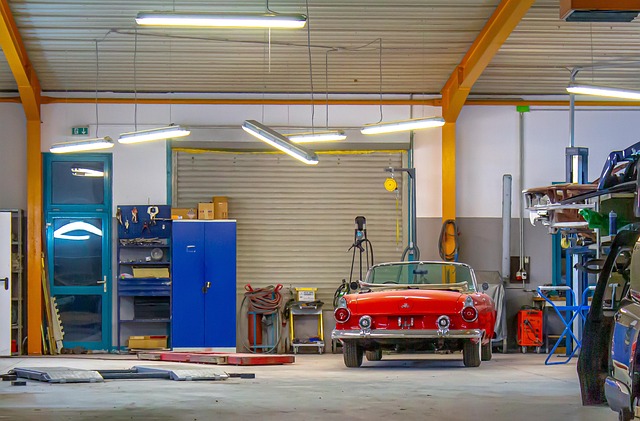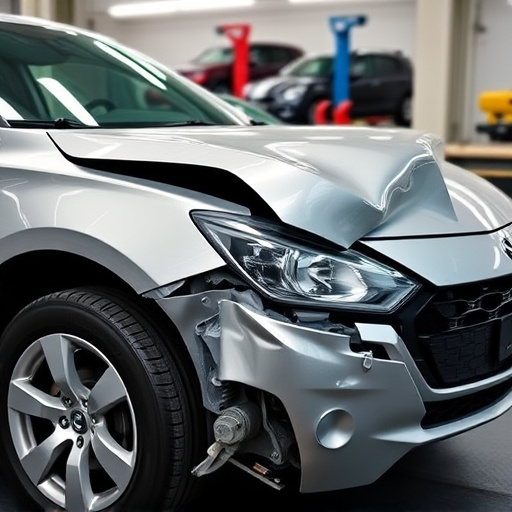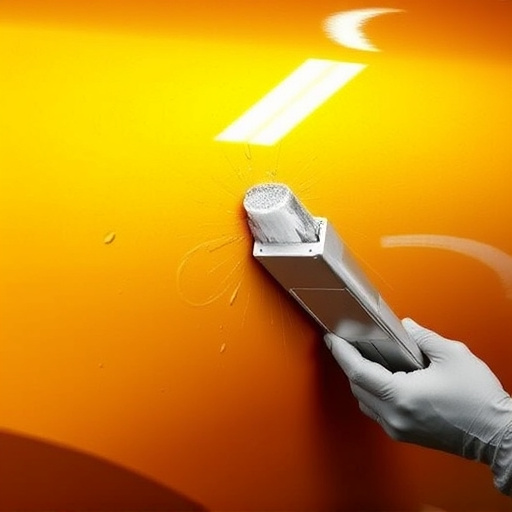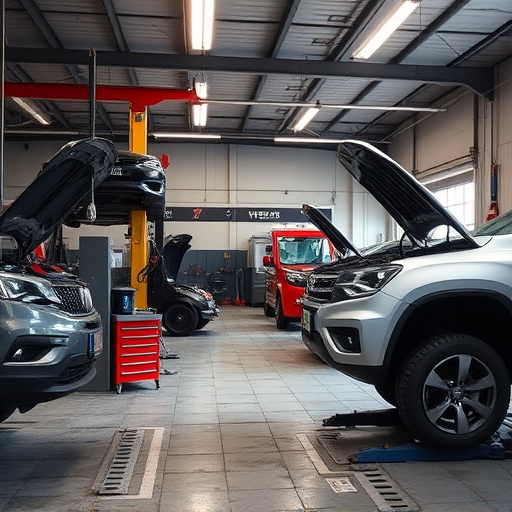Mercedes structural repair involves a meticulous multi-step process starting with inspection and repair/replacement of damaged parts, followed by precise alignment and calibration for optimal performance. Rigorous testing ensures safety and functionality. Calibration is an overlooked yet critical component, ensuring all systems function cohesively and maintaining Mercedes' high standards. This integrated approach offers benefits like reduced time, enhanced safety, and superior quality repairs.
Mercedes structural repair is a meticulous process that demands precision and expertise. Beyond basic fixings, it often involves complex calibration services for optimal performance. This article delves into the intricate world of Mercedes structural repair, exploring how these services work in tandem. We’ll discuss the significance of calibration in vehicle restoration, dissecting benefits and challenges of integrated approaches. Understand why combining these services is crucial for top-tier results.
- Understanding Mercedes Structural Repair Process
- The Role of Calibration in Vehicle Restoration
- Benefits and Challenges of Integrated Services
Understanding Mercedes Structural Repair Process

The Mercedes structural repair process involves a meticulous series of steps designed to restore the integrity and safety of your vehicle following an accident or damage. It begins with a thorough inspection, where skilled technicians assess the extent of the damage, pinpointing every affected component. This critical stage ensures that no detail goes unnoticed, setting the foundation for accurate repairs. Once identified, damaged parts are either replaced or expertly repaired, employing advanced techniques such as paintless dent repair for minimal impact areas.
The heart of the process lies in precise alignment and calibration, ensuring the vehicle’s structural integrity and performance accuracy. This includes realigning frames, suspension systems, and other critical components to their original specifications. Following these meticulous repairs, vehicles undergo rigorous testing, including computer-aided diagnostic scans, to verify proper functioning and address any lingering issues. This commitment to excellence guarantees that your Mercedes not only looks like new but also performs at its optimal level, enhancing safety and reliability, and reflecting the brand’s reputation for precision engineering and exceptional auto maintenance.
The Role of Calibration in Vehicle Restoration

In the intricate process of Mercedes structural repair, calibration plays a pivotal role, often an overlooked yet indispensable component. It is not just about restoring the physical aspects but ensuring that every component functions harmoniously once the repairs are completed. Calibration services are essential for car repair shops, especially when dealing with luxury vehicles like Mercedes, as it guarantees that the vehicle’s systems—from steering to braking—operate at peak precision and efficiency.
This meticulous process involves fine-tuning various sensors and mechanisms within the vehicle’s structure to ensure they align perfectly with the manufacturer’s specifications. Given that Mercedes is renowned for its cutting-edge technology and engineering excellence, accurate calibration becomes crucial in maintaining these high standards during and after repairs. It is a vital step in car body repair, ensuring that the vehicle not only looks like new but also behaves as it should on the road, addressing any potential issues before they become problematic, thereby enhancing safety and performance for car scratch repair and beyond.
Benefits and Challenges of Integrated Services

Integrated Mercedes structural repair services offer numerous advantages for vehicle owners. By combining specialized structural repair with precise calibration, workshops can provide a more comprehensive and efficient solution. This approach streamlines the process, reducing overall repair times and minimizing the risk of errors or misalignments. Calibration ensures that once repaired, the vehicle handles and performs optimally on the road, enhancing safety and driving dynamics.
However, offering these services together also presents certain challenges. Car repair shops must invest in advanced equipment and train their staff to handle both tasks proficiently. Collision repair services that incorporate calibration require a higher level of expertise and precision, which can be demanding and time-consuming. Despite these challenges, the benefits of integrated Mercedes structural repair and calibration services are significant, as they deliver superior quality repairs and restore vehicles to their pre-incident condition, ensuring customer satisfaction and safety on the road.
Mercedes structural repair, when combined with calibration services, offers a comprehensive solution for restoring vehicles to their optimal performance. By integrating these processes, professionals can ensure not only precision in rebuilding but also precise vehicle dynamics and handling. While there are challenges to manage, the benefits of aligned Mercedes structural repair and calibration services significantly enhance safety, efficiency, and overall vehicle satisfaction, making it an essential approach for dedicated restoration shops.
